Discover the Impact of artificial intelligence on job markets. Explore how AI is transforming industries, creating new opportunities, and potentially displacing traditional roles. Understand the challenges and opportunities that AI brings to the workforce.
Introduction
Artificial Intelligence (AI) is changing how we work and live fast. Its impact on jobs is a big topic of interest and concern.
This blog post will look at AI’s effects on jobs, showing both the good and bad sides. We’ll see how AI is making new jobs, improving old ones, and also causing job losses.
We’ll also talk about the ethical and social issues AI brings to work. We’ll find ways to lessen its negative effects. Knowing this can help us work well with AI in the future.
Join us as we dive into AI’s role in job markets. We’ll share insights and advice for workers and employers.
Whether you love tech, lead a business, or just wonder about the future of work, this post has valuable info. It will give you new views on the changing job world with AI.
AI’s Growing Influence Across Industries
Artificial Intelligence (AI) is changing many sectors, affecting our work and lives. This section will cover AI’s history, recent advances, and key areas where it’s making a big difference.
Historical Context and Recent Advancements in AI
AI has grown from a theoretical idea to a practical tool that improves our lives. Early AI focused on simple tasks and data processing.
But recent breakthroughs in machine learning and neural networks have made AI more common. Now, AI can do complex tasks with great accuracy and speed.
Industries Leading the AI Revolution
- Healthcare
- Medical Diagnostics: AI analyzes images and data to diagnose diseases faster and more accurately.
- Personalized Medicine: AI creates treatments tailored to each patient, improving results and reducing side effects.
- Robotic Surgery: AI-assisted robots help surgeons perform precise, minimally invasive surgeries.
- Finance
- Fraud Detection: AI watches transactions in real time to catch and prevent fraud.
- Algorithmic Trading: AI analyzes market data to make trades at the best times, maximizing profits.
- Customer Service: AI chatbots and virtual assistants offer instant support and personalized financial advice.
- Manufacturing
- Predictive Maintenance: AI predicts when equipment will fail, reducing downtime and maintenance costs.
- Quality Control: AI checks products for defects, ensuring high quality.
- Supply Chain Optimization: AI improves inventory management and logistics, boosting efficiency and cutting costs.
- Retail
- Personalized Shopping Experiences: AI recommends products based on customer behavior, creating personalized shopping experiences.
- Inventory Management: AI forecasts demand and manages stock levels, reducing waste and ensuring availability.
- Customer Insights: AI gives retailers valuable insights into customer preferences and trends, helping them make informed decisions.
- Transportation
- Autonomous Vehicles: AI powers self-driving cars, enhancing safety and reducing human error.
- Traffic Management: AI optimizes traffic flow and reduces congestion through real-time data analysis.
- Logistics and Delivery: AI improves route planning and delivery efficiency, ensuring timely and cost-effective transportation of goods.
We can see AI’s big potential and get ready for the job market changes it brings. AI boosts efficiency and productivity, but it also creates new jobs and challenges.
Positive Impacts of AI on Job Markets
Artificial Intelligence (AI) is not just a disruptor; it also brings many positive changes to job markets.
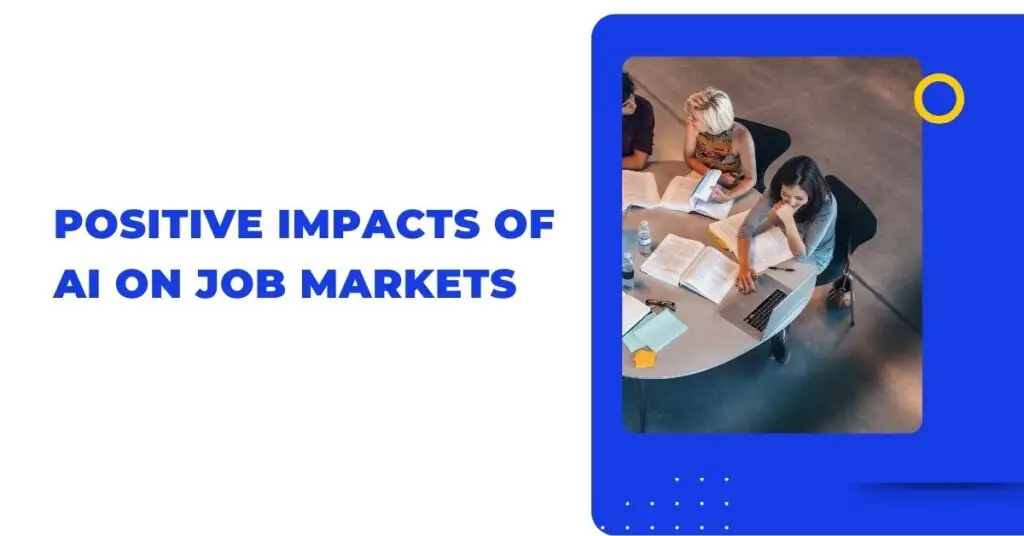
This section looks at how AI is creating new job roles, improving existing ones, and offering chances for upskilling and reskilling.
Creation of New Job Roles
AI is creating a variety of new job opportunities across different sectors. Some of the emerging roles include:
- AI Specialists and Data Scientists: As AI technology advances, there is a growing demand for professionals who can develop, implement, and maintain AI systems.
- AI-related Roles in Non-Tech Industries: Industries such as healthcare, finance, and retail are increasingly hiring AI experts to integrate AI solutions into their operations.
Improving Current Job Roles
AI is also enhancing many existing jobs by automating repetitive tasks. This allows employees to focus on more complex and creative aspects of their work. Some examples include:
- Automation of Repetitive Tasks: AI can handle routine tasks such as data entry, scheduling, and basic customer service, freeing up employees to engage in more meaningful work.
- Increased Productivity and Efficiency: By leveraging AI tools, workers can perform their tasks more efficiently, leading to higher productivity and job satisfaction.
Opportunities for Upskilling and Reskilling
The rise of AI is driving the need for continuous learning and skill development. This creates opportunities for workers to upskill and reskill, ensuring they remain relevant in the evolving job market. Key initiatives include:
- Training Programs and Educational Initiatives: Many organizations and educational institutions are offering AI-focused training programs to help workers acquire new skills.
- Importance of Continuous Learning: Emphasizing lifelong learning is crucial as AI continues to evolve. Workers who stay updated with the latest AI trends and technologies are better positioned to thrive in their careers.
We can appreciate how AI is not only transforming industries but also creating a more dynamic and adaptable workforce. Embracing these changes can lead to a more innovative and productive job market.
Challenges and Concerns
While Artificial Intelligence (AI) offers many benefits, it also brings several challenges and concerns that need to be addressed. This section explores potential job displacement, ethical and social implications, and economic inequality related to AI in the job market.
Job Displacement
One of the biggest concerns about AI is the potential for job displacement. As AI systems become more capable of performing tasks traditionally done by humans, certain job sectors are at higher risk of automation. For example:
- Routine and Repetitive Tasks: Jobs involving repetitive tasks, such as data entry, manufacturing, and basic customer service, are particularly vulnerable to automation.
- Short-term vs. Long-term Impacts: In the short term, workers in these sectors may face job losses. However, in the long term, new job opportunities may emerge as AI creates demand for new skills and roles.
Ethical and Social Considerations
AI also raises several ethical and social concerns that need careful consideration:
- Bias in AI Algorithms: AI systems can inadvertently perpetuate biases present in their training data, leading to unfair outcomes in hiring, lending, and other areas.
- Privacy Concerns: The widespread use of AI involves the collection and analysis of vast amounts of personal data, raising concerns about data privacy and security.
- Accountability and Transparency: As AI systems make more decisions, it becomes crucial to ensure they are transparent and accountable, especially in critical areas like healthcare and criminal justice.
Disparities in Economic Wealth
The rise of AI can worsen economic inequality. It affects different socio-economic groups and regions unevenly:
- Impact on Different Socio-Economic Groups: Workers with lower education and skills are more likely to be displaced by AI. Those with advanced technical skills may benefit more.
- Regional Disparities: Regions with strong tech industries may see economic growth. Others may struggle to adapt to AI changes.
We can develop strategies to reduce AI’s negative impacts on jobs. It’s essential to ensure AI benefits are shared fairly. We must create a future where technology enhances human potential, not replaces it.
Strategies to Mitigate Negative Impacts
While Artificial Intelligence (AI) offers many benefits, it also brings challenges. We need proactive strategies to mitigate its negative impacts on job markets. This section explores various approaches, focusing on policy and regulation, corporate responsibility, and educational reforms.
Policy and Regulation
Governments play a crucial role in managing AI’s impact on employment. Effective policies and regulations can help ensure a balanced approach to AI adoption:
- Government Initiatives and Regulations: Implementing policies that promote fair labor practices and protect workers’ rights is essential. This includes updating labor laws to address AI and automation challenges.
- International Cooperation: Collaboration between countries can lead to global standards and best practices for AI governance. This ensures AI benefits are shared equitably across borders.
Corporate Responsibility
Businesses must take responsibility for supporting their workforce during the transition to an AI-driven economy:
- Role of Businesses in Supporting Workforce Transitions: Companies should invest in training and development programs. This helps employees acquire new skills relevant to the evolving job market. It includes offering reskilling and upskilling opportunities.
- Examples of Companies Leading the Way: Some companies are already setting examples by implementing AI ethics guidelines and investing in employee education. Highlighting these examples can inspire other businesses to follow suit.
Educational Reforms
Education systems need to adapt to prepare the workforce for the future:
- Integrating AI Education in School Curriculums: Introducing AI and digital literacy courses in schools can help students develop needed skills. This ensures the next generation is well-equipped for an AI-driven world.
- Lifelong Learning Opportunities: Promoting continuous learning and professional development is crucial. Educational institutions and employers should collaborate to provide accessible learning opportunities for workers at all stages of their careers.
We can mitigate AI’s negative impacts on job markets and create a more inclusive and resilient workforce. Addressing these challenges proactively ensures AI benefits are maximized while minimizing potential drawbacks.
Future Outlook
The future of Artificial Intelligence in job markets is both promising and complex. This section explores predictions for the job market, the role of human-AI collaboration, and the importance of ethical AI development.
Predictions for the Job Market
As AI continues to evolve, several trends are likely to shape the future job market:
- Emerging Technologies: Innovations like quantum computing, advanced robotics, and AI-driven automation will create new industries and job roles. These technologies will require specialized skills, leading to high-demand positions.
- Shift in Job Types: While some jobs may be automated, new roles will emerge that focus on managing, developing, and maintaining AI systems. Jobs that require creativity, emotional intelligence, and complex problem-solving are less likely to be automated and will remain in demand.
- Global Workforce Changes: AI will impact job markets differently across regions. Countries with strong tech infrastructure may see rapid growth in AI-related jobs, while others may need to invest in education and training to keep pace.
Role of Human-AI Collaboration
The future of work will likely involve a synergy between human skills and AI capabilities:
- Improving Human Abilities: AI can augment human abilities by handling repetitive tasks, analyzing large datasets, and providing insights that help humans make better decisions. This collaboration can lead to increased productivity and innovation.
- New Collaboration Models: As AI becomes more integrated into workplaces, new models of collaboration will emerge. Teams will need to adapt to working alongside AI systems, leveraging their strengths while maintaining human oversight and creativity.
Importance of Ethical AI Development
Ensuring that AI is developed and used ethically is crucial for a positive future:
- Fairness and Transparency: AI systems must be designed to be fair and transparent, avoiding biases and ensuring accountability. This includes developing algorithms that are explainable and can be audited.
- Privacy and Security: Protecting personal data and ensuring the security of AI systems are essential. Robust data protection measures and ethical guidelines must be in place to safeguard user privacy.
- Inclusive Development: AI should be developed inclusively, considering the needs and perspectives of diverse groups. This helps ensure that AI benefits everyone and reduces the risk of exacerbating existing inequalities.
By embracing AI’s potential and addressing its challenges, we can navigate the future of AI in job markets effectively. This will lead to a more innovative, productive, and equitable workforce.
Conclusion
Artificial Intelligence (AI) is changing job markets in significant ways, bringing both opportunities and challenges. AI is creating new job roles, improving existing ones, and driving the need for continuous learning and skill development. However, it also poses risks such as job displacement, ethical concerns, and economic inequality.
To manage these changes effectively, proactive strategies are essential. Governments, businesses, and educational institutions must work together to create policies, support workforce transitions, and promote lifelong learning.
This collaboration will help ensure that the benefits of AI are shared fairly and that technology enhances human potential rather than replacing it.
Moving forward, the synergy between human skills and AI capabilities will be crucial. Ethical AI development, fairness, transparency, and inclusivity must remain priorities.
By addressing these challenges directly, we can create a more innovative, productive, and equitable job market.
Stay informed, stay proactive, and embrace the opportunities that AI brings. Together, we can shape a future where AI and humans work hand in hand to achieve greater success.
FAQs: Impact of Artificial Intelligence on Job Markets
How is AI creating new job opportunities?
AI is generating new roles such as AI specialists, data scientists, and AI ethicists. It also creates jobs in non-tech industries by integrating AI solutions, leading to roles in healthcare, finance, and retail.
What jobs are most at risk of being automated by AI?
Jobs involving routine and repetitive tasks, like data entry, manufacturing, and basic customer service, are most at risk of automation.
How can workers prepare for the changes AI brings to the job market?
Workers can prepare by upskilling and reskilling through training programs, focusing on continuous learning, and acquiring skills in AI and related technologies.
What are the ethical concerns associated with AI in the workplace?
Ethical concerns include bias in AI algorithms, privacy issues, and the need for transparency and accountability in AI decision-making processes.
How can businesses support their employees during the AI transition?
Businesses can support employees by investing in training and development programs, offering reskilling opportunities, and implementing fair labor practices

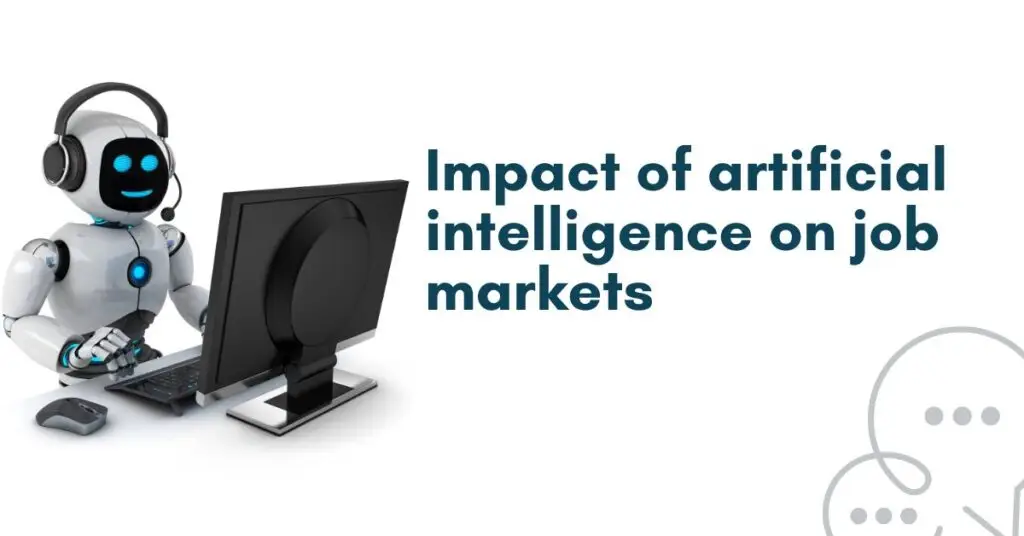
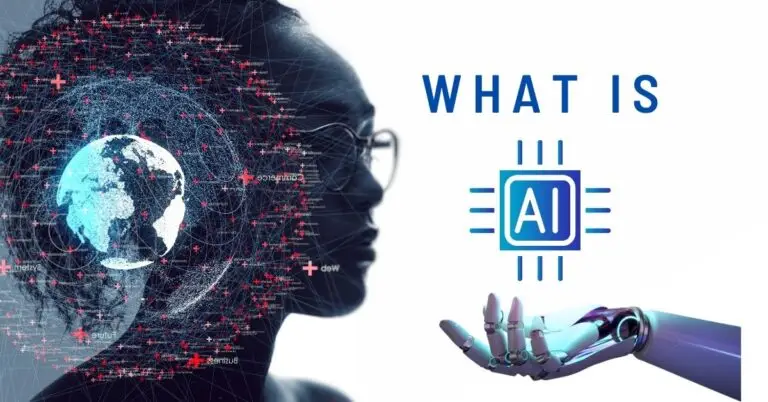
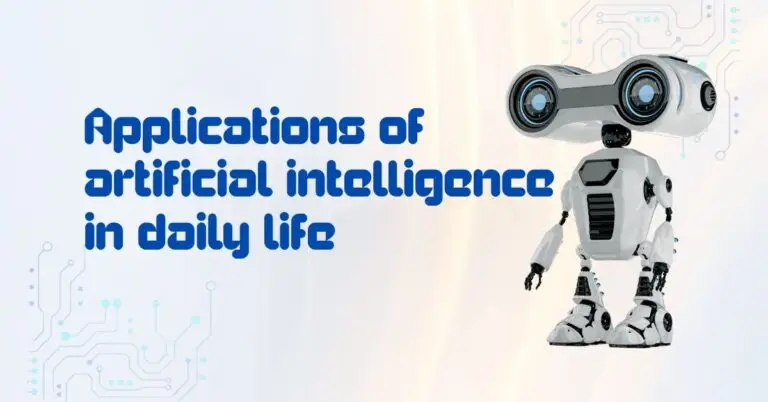
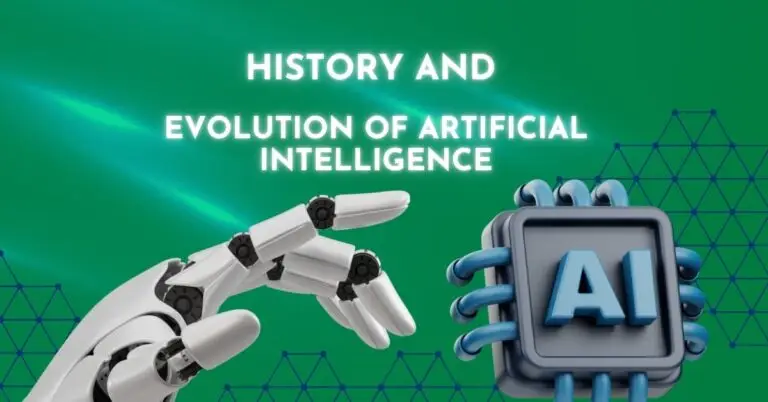

2 thoughts on “Impact of artificial intelligence on job markets”